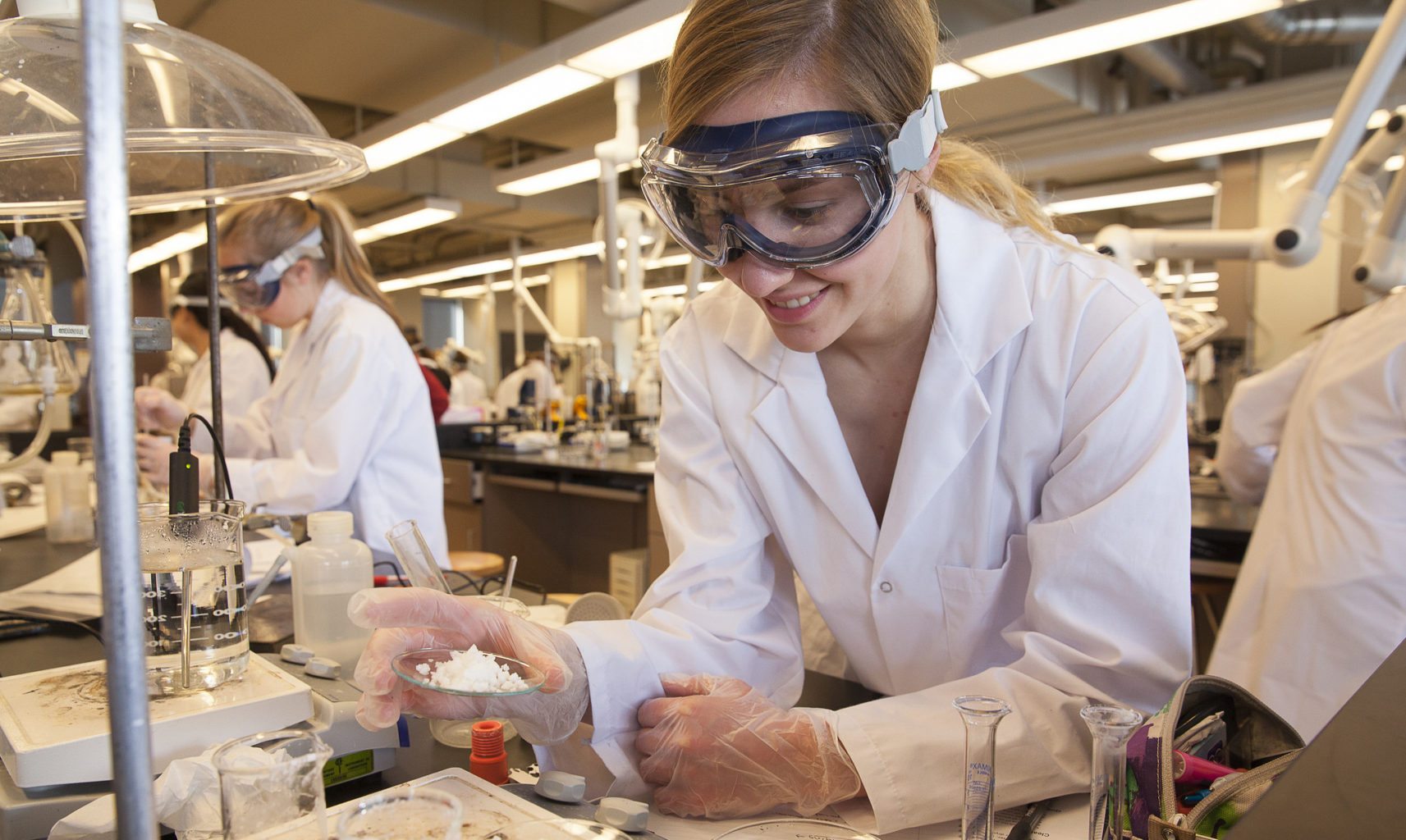Warwick Chemistry wins £150k award
The Department of Chemistry’s outreach programme has been £150,000 by the Royal Society of Chemistry’s (RSC) Widening Participation ‘Chemistry for All’ initiative.
The programme was commissioned in January 2008 by the RSC. The role of ‘Outreach Officer’ was awarded to Nick Barker who was also awarded the Butterworth Warwick Award for Teaching Excellence (WATE) in 2011-12.
This new initiative will involve the University “working with six schools over the next five years to deliver long-term sustained Chemistry outreach interventions. The emphasis will be on building strong, focused relationships with each school, with the aim of inspiring young people from a WP background to study Chemistry at University.”
Nick’s passion and enthusiasm for chemistry and more importantly his work with children and teaching is inspiring. This programme, of national standing, enables chemistry to come to life for about 7000 children and teenagers each year, between the ages of eight and 18, by forming a bridge between schools, higher education environments and academic research.
Mr. Barker actively visits local schools to complete demonstrations and deliver lectures, suitable for all ages. Young children will be in awe with a demonstration lecture illustrating impressive fundamental concepts from atoms and molecules to chemiluminescence, accompanied by loud bangs, explosions, flames and explanations. For older students, academic research becomes the focal point of Nick’s lectures, describing the interests and current work of the academic staff in the department.
Science is fun, exciting and fascinating. By allowing students to experience chemistry, it fuels their curiosity and determination to find out real life applications and opportunities available to them. Outreach chemistry is understandable and relevant to the general public given its importance in everyday life. Chemistry can provide solutions to various problems posed by modern life in areas such as healthcare, sustainable energy and new technologies.
Nick also arranges for children to visit the Department’s laboratories where they will complete a practical experiment, which I have now been demonstrating for 3 years. A group of children will be told that they will be working on an experiment, which they believe is too difficult for them and find overwhelming, surprised with the freedom we have given them. Young children are excited at the prospect of making slime and also learn about concepts such as rates of reactions and neutralisation. The older students will be asked to make aspirin; they will set up a reflux reaction, monitor the reaction via Thin Layer Chromatography, vacuum filter aspirin and recrystallise it as well as analyse the product by infrared spectroscopy and their transformation is evident as they work through the experiment.
After the initial confusion and anxious faces, young people who are full of confidence and pride at what they have achieved come out. They begin to enjoy this experience, complete technical and hazardous processes with confidence and skill. “I hate science at school but this is brilliant,” “thanks for not shouting at me when I flooded the lab” and “this is the future of education” are all things we have heard from those who come to share our knowledge and facilities.
Outreach is certainly not about recruiting new students but more importantly having fun, building confidence and new opportunities. We work with pupil referral units where children experience difficult personal circumstances; they would not normally have the same opportunities as those from independent schools and even realise there are routes out of their circumstances. It is these days which are the most rewarding.

Comments